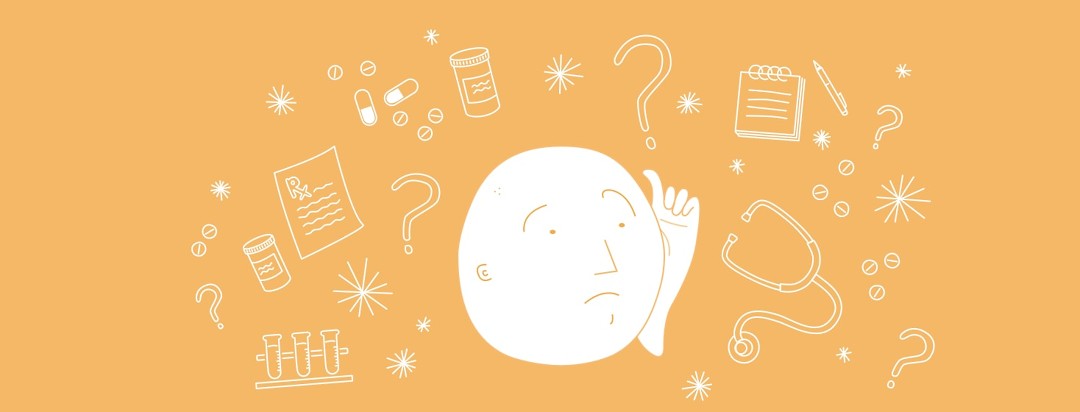Basics For Caregivers: Medications
One of the most intimidating tasks is keeping track of the medications. In the early stages the new medications are manageable, but as things progress, it can get quite overwhelming.
Find a method of keeping track of everything that works for you. There are applications for smart phones, spreadsheets and even the old-fashioned pen and paper. Whatever method you choose, get to know it well.
Keep a master list of all current patient medications
This will help each time that you go to the doctor. They will ask you every time if your medications are correct, and occasionally they will ask you to go over each one. A master list that you can carry with you will take some of the anxiety out of the office visit. Most doctors will print out a current list for you to take with you. If it is not in your paperwork as you leave, you can ask for this. You can create your list from this.
Writing everything down is crucial
Now let’s get a little more detailed. Here are some suggestions to add to that list that will help you when your doctor asks you, “We tried “xyz" a few years ago, why exactly did you want to come off of it? If the side effects were only minimal or aggravating, we should try it again.” Believe me, there will be times that you will wish you had it all written down.
The master list should have the chemical name and the brand name
This will keep confusion down as the doctor and/or assistant are going through each one. I know with us, sometimes the brand name was given and sometimes the chemical name was given. This mostly varied between practices.
Include important details about the medications, not just names
What is this medication treating?
In addition to the name of the medication, have a brief description of why the medication is being taken. There are drugs that are used for several different conditions. It will be helpful to have this information as you, personally, are trying to process the need of the medications and exactly how they will help.
Dosages and time of day
Indicate the dosage and when the medication is normally taken. If there are complications, simply going through your list could wave a flag for medications that should not be taken together or even close to one another. My mom had a few medications that needed to be taken apart. It didn’t matter what time of day they were taken, but they needed to be spread apart.
Create and track a smaller daily medication list
Once you have the master list, you can create something to help you keep track of whether or not the medications were taken. A simple spreadsheet printed off and a pen should do the trick.
Keep detailed notes
It is a good idea to leave a space for notes about each medication on a spreadsheet. You may need to notate a missed dose or a possible side effect. We found it best to keep the medications on separate lines but grouped together for when they were taken. Having them on separate lines leaves room for notating a missed dose of a single medication. Maybe the prescription was not refilled in time, or maybe the doctor is trying a new medication.
These notes may come in handy with everyday management
We found this particularly helpful when mom was unable to eat. Sometimes it was even hard for her to eat enough to take her medications, so we would try to make sure that she got the most important ones. There were times that she was unable to get some vital medications down, and being able to refer back to those notes were very important.
Sometimes it is good to have things done for you, and sometimes it is good to just do them yourself. This would be one of those times that it would be good if you are involved in the creation of your lists. Seeing the names of the medications, uses and dosages will help you remember it all when this information is needed and you don’t have the master list.
Break it up into managable pieces
Just the idea of being the one to take care of someone’s medications can be very overwhelming, especially in the end stage. Take your time to understand the medications as much as possible, and break it up into small manageable pieces. Don’t try to tackle it all in one day.
It will be intuitive once you get the hang of it!
Once you have your lists, it won’t seem so huge. You will know exactly what needs to be taken at breakfast, etc., and you will learn what each pill or treatment looks like. When you become confident in taking care of the medications, the one you are caring for will gain even more confidence in you. You can do this.
Community Poll
Do you have an exercise routine?

Join the conversation